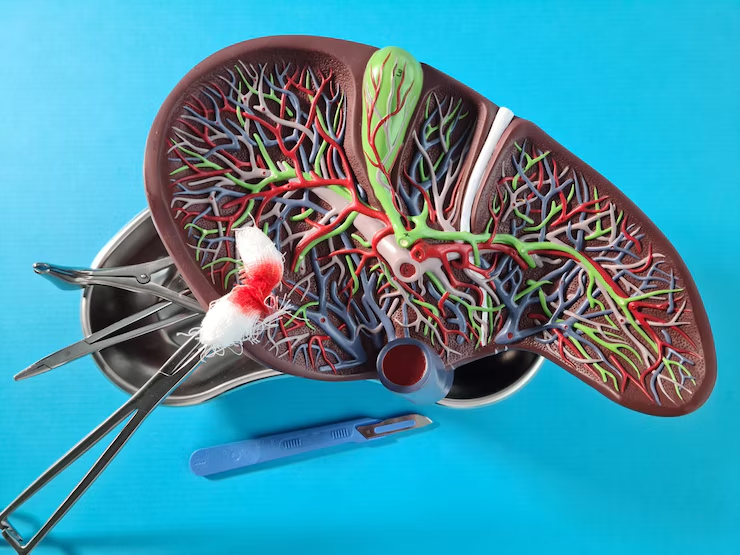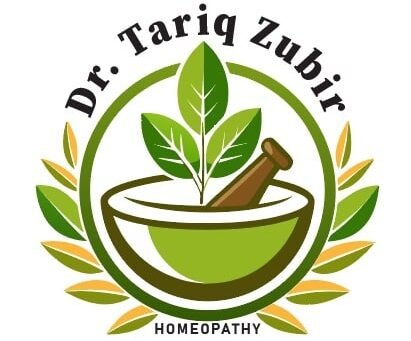
Dysentery: Causes, Symptoms, Treatment & Prevention
Dysentery is more than just an upset stomach. It’s a serious infection of the intestines that causes severe diarrhea, often with blood or mucus, and can lead to dehydration if not treated promptly. Although it’s more common in developing countries with poor sanitation, dysentery can affect anyone, especially in areas with contaminated food or water.
In this blog, we’ll cover everything you need to know about dysentery—what causes it, how to recognize it, and how to protect yourself and your family.
❓ What Is Dysentery?
Dysentery is an infection of the intestines that causes inflammation of the colon, leading to bloody diarrhea, abdominal pain, and fever. It spreads mostly through contaminated food, water, or poor hygiene.
There are two main types:
- Bacillary dysentery – caused by Shigella bacteria (most common type)
- Amoebic dysentery – caused by a parasite called Entamoeba histolytica
🔍 Symptoms of Dysentery
Symptoms usually begin 1–3 days after exposure and can include:
- Watery or bloody diarrhea
- Stomach cramps and pain
- Fever and chills
- Nausea and vomiting
- Fatigue
- Urge to have a bowel movement, even when the bowel is empty (tenesmus)
If not treated, dysentery can cause severe dehydration and complications, especially in children, elderly people, or those with weak immune systems.
🦠 How Does Dysentery Spread?
Dysentery spreads through the fecal-oral route—meaning you can get it if you consume food or water contaminated with feces from an infected person. Common causes include:
- Dirty drinking water
- Unwashed hands
- Food prepared with contaminated water
- Poor sanitation and hygiene
🩺 Treatment for Dysentery
Treatment depends on the type and severity of the infection.
🧫 1. Bacillary (bacterial) dysentery:
- Mild cases often clear on their own with rest and hydration.
- Severe cases may require antibiotics.
🦠 2. Amoebic dysentery:
- Treated with anti-parasitic medications like metronidazole.
💧 3. Hydration is key:
- Drink oral rehydration solutions (ORS) or electrolyte-rich fluids.
- In severe cases, IV fluids may be needed.
⚠️ Do not take anti-diarrheal medications without medical advice—they can make some infections worse by keeping harmful organisms inside the gut.
🧼 How to Prevent Dysentery
Prevention is all about hygiene and safe food practices:
✅ Wash hands with soap, especially after using the bathroom and before eating
✅ Drink only clean, filtered, or boiled water
✅ Avoid raw or street food in high-risk areas
✅ Wash fruits and vegetables thoroughly
✅ Use clean toilets and practice good sanitation
🚨 When to See a Doctor
You should seek medical help immediately if:
- Diarrhea lasts more than 2 days
- You see blood or mucus in your stool
- You have a high fever
- Signs of dehydration appear (dry mouth, dizziness, low urine output)
- You’ve recently traveled to a country with poor sanitation
🌟 Final Thoughts
Dysentery is a serious condition, but it’s preventable and treatable. With clean water, proper hygiene, and awareness, you can reduce your risk significantly. If you or someone in your family shows symptoms, don’t delay—early treatment can prevent complications and speed up recovery.
Stay clean, stay hydrated, and protect your gut health. 🧼💧
Dysentery FAQ (Quick Guide)
1. What is dysentery?
Dysentery is an infection of the intestines causing bloody diarrhea, stomach pain, fever, and dehydration.
2. What causes it?
It’s usually caused by bacteria (Shigella, E. coli), parasites (Entamoeba histolytica), or poor hygiene and contaminated food or water.
3. How does it spread?
Mainly through dirty hands, unsafe water, contaminated food, or contact with infected stool.
4. What are the symptoms?
-
Bloody or slimy diarrhea
-
Stomach cramps
-
Fever and weakness
-
Dehydration
5. How is it diagnosed?
A stool test usually confirms the cause. Blood tests or scans may be used if symptoms are severe.
6. How is it treated?
-
Bacterial: Antibiotics
-
Parasitic: Antiparasitic medication
-
General care: Rest, fluids (ORS), and a light diet
7. Is it contagious?
Yes. It spreads easily, especially in places with poor sanitation.
8. How to prevent it?
-
Wash hands regularly
-
Drink clean water
-
Eat well-cooked food
-
Practice good hygiene
9. Can it be serious?
Yes, especially in young children, the elderly, or untreated cases—it can lead to severe dehydration or complications.
10. When to see a doctor?
Go to a doctor if symptoms last more than 2 days, if there’s blood in stool, high fever, or signs of dehydration.
